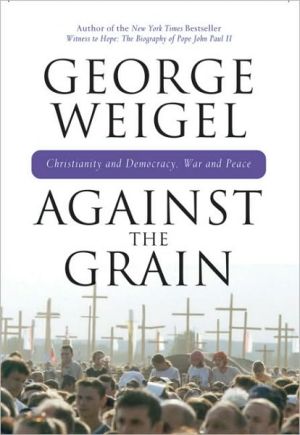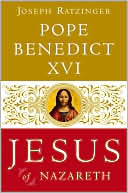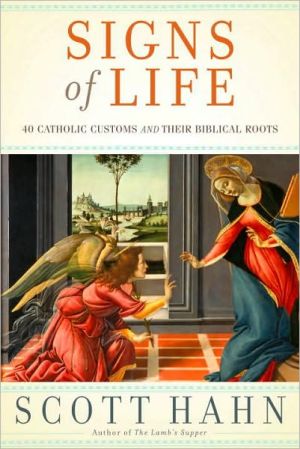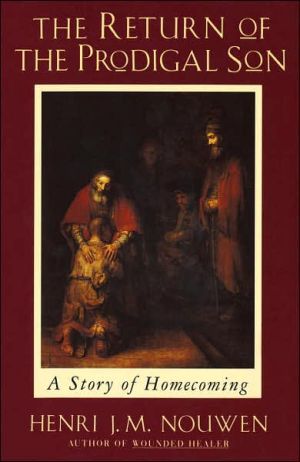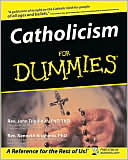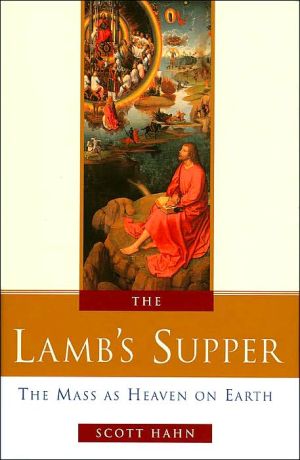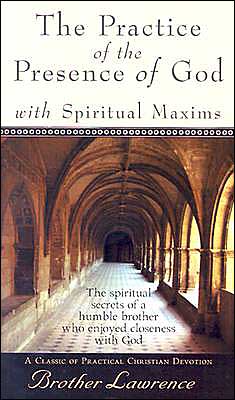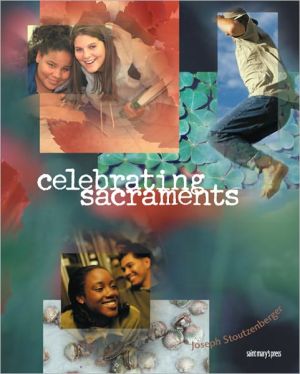Against the Grain: Christianity and Democracy, War and Peace
Cutting against the grain of conventional wisdom, New York Times bestseller, George Weigel, offers a compelling look at the ways in which Catholic social teaching sheds light on the challenges of peace, the problem of pluralism, the quest for human rights, and the defense of liberty. In this major contribution one of America's most prominent intellectuals offers a meticulous analysis of the foundations of the free society as he makes a powerful case for the role of moral reasoning in meeting...
Search in google:
In this key volume, Catholicism's premier public intellectual presents his most influential writings on today's pressing global issues. Weigel makes an eloquent case for democratic structures, just war, and the central role of reason in an irrational world. With his coinciding book on Jihadism (Doubleday) being an urgent manifesto for measures against the violent forms of Islam, here Weigel presents his broader, comprehensive vision of the distinctively Catholic response to all threats against human dignity. Publishers Weekly In this collection of 12 previously published essays, each revised considerably for this volume, noted Catholic pundit Weigel (Pope John Paul II, Witness to Hope) ranges provocatively over a diverse selection of topics from social justice and abortion to atheism and just war. Underlying many of the essays is the idea of Christians as "resident aliens" in modern democracies who must, by their very callings, live in the world but not be of the world. As he observes, sometimes Christians may feel more like "residents" when their views of justice or compassion are more compatible with the world's views (as in Vatican II), but many times they will feel more like "aliens" (as during the Nazi regime) because their call to justice conflicts directly with that of the reigning political powers. Weigel points out that the Church can best influence public policy when it is a community of faith and love that emphasizes the flourishing of the individual over the success of a totalitarian state. While Weigel's deeply considered reflections on the Iraq War as a just war are certain to provoke reaction among his critics, his thoughtful essays on democracy and religion offer new insights into the meaning of Catholic social doctrines for the 21st century. (Apr.)Copyright © Reed Business Information, a division of Reed Elsevier Inc. All rights reserved.
Introduction: Against Several Grains 1Chapter 1 The Free and Virtuous Society 11Chapter 2 The Sovereignty of Christ and the Public Church 37Chapter 3 Diognetus Revisited, or, What the Church Asks of the World 64Chapter 4 The Paradoxes of Disentanglement 85Chapter 5 Is Political Theology Safe for Democracy? 109Chapter 6 Popes, Power, and Politics 131Chapter 7 Two Ideas of Freedom 155Chapter 8 Thinking World Politics: A Catholic Optic 176Chapter 9 Moral Clarity in a Time of War 200Chapter 10 Just War and the Iraq Wars - I 224Chapter 11 Just War and the Iraq Wars - II 250Chapter 12 Is Europe Dying? Secularist Shibboleths and the Future of the West 270Acknowledgments 299About the Author 303Notes 305Index 327
\ Publishers WeeklyIn this collection of 12 previously published essays, each revised considerably for this volume, noted Catholic pundit Weigel (Pope John Paul II, Witness to Hope) ranges provocatively over a diverse selection of topics from social justice and abortion to atheism and just war. Underlying many of the essays is the idea of Christians as "resident aliens" in modern democracies who must, by their very callings, live in the world but not be of the world. As he observes, sometimes Christians may feel more like "residents" when their views of justice or compassion are more compatible with the world's views (as in Vatican II), but many times they will feel more like "aliens" (as during the Nazi regime) because their call to justice conflicts directly with that of the reigning political powers. Weigel points out that the Church can best influence public policy when it is a community of faith and love that emphasizes the flourishing of the individual over the success of a totalitarian state. While Weigel's deeply considered reflections on the Iraq War as a just war are certain to provoke reaction among his critics, his thoughtful essays on democracy and religion offer new insights into the meaning of Catholic social doctrines for the 21st century. (Apr.)\ Copyright © Reed Business Information, a division of Reed Elsevier Inc. All rights reserved.\ \ \ \ \ City JournalWeigel's learned, clearly written, and tightly argued essays stand as the best evidence for his claim that the Christian tradition is indispensable for any serious discussion of the challenges facing our country.\ \ \ Library JournalHad a non-Catholic come to the reference desk looking for information about the climate of American Catholicism in the months leading up to a recent visit by Pope Benedict XVI to the White House, this reviewer would have recommended Weigel's (Catholic studies, Ethics & Public Policy Ctr.; Pope John Paul II: Witness to Hope) latest collection of prodigious and excellent writings. In it, he offers an "against the grain" vision of politics, economics, and human dignity in the face of violence, chaos, and religious indifference in a way that is not chastising of his liberal brethren and American Catholics. His 12 sensitive, openly honest, and hopeful discourses should shed much light on the thinking of today's informed and religiously conservative Catholics. Throughout, Weigel shows himself versed both in the contemporary political climate and in the past and current encyclicals by Vatican II, Pope John Paul II, and other popes. Further, he openly acknowledges the church's past mistakes-many of which Pope Benedict XVI has aired in his own writings-as well as proposes solutions for the future. Highly recommended for public and academic libraries.\ —Gary Gillum\ \ \
